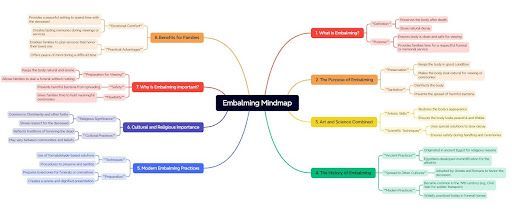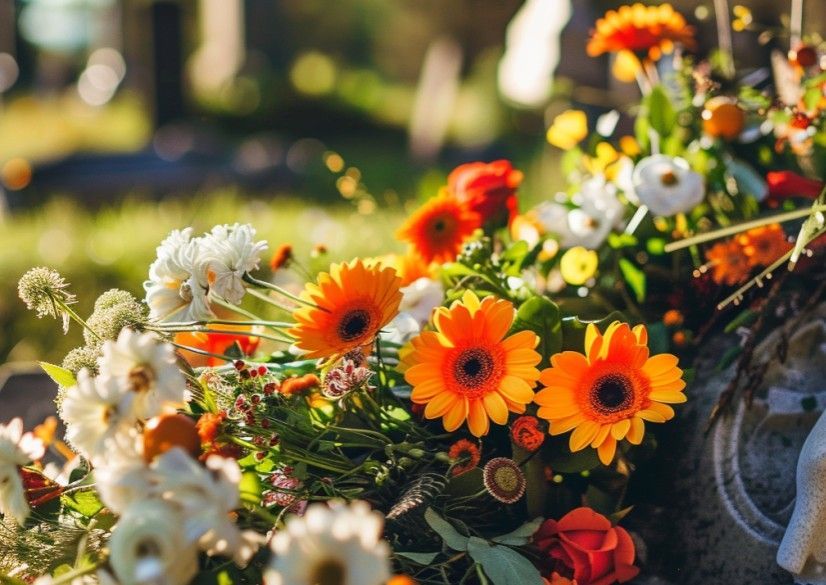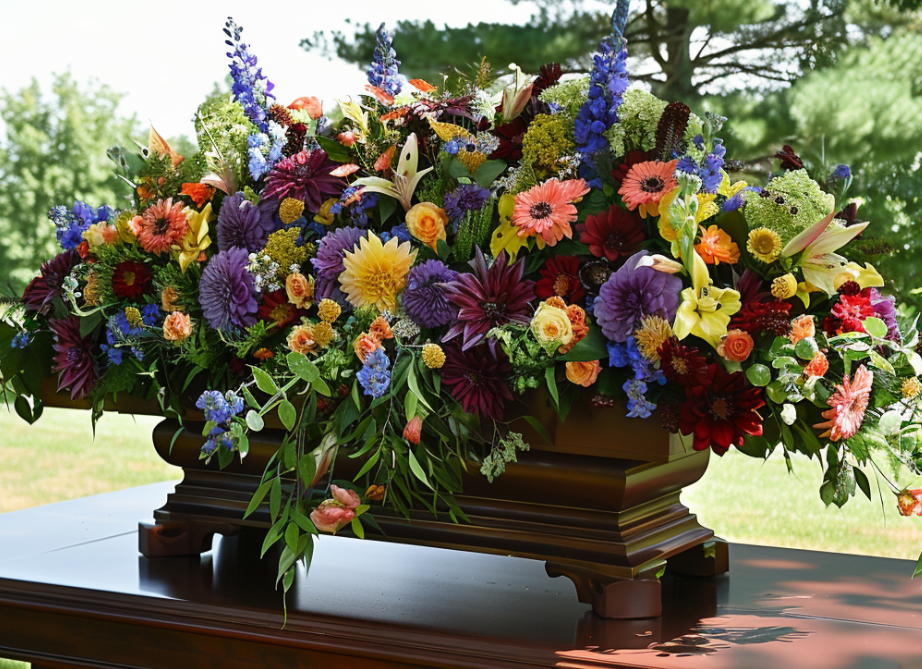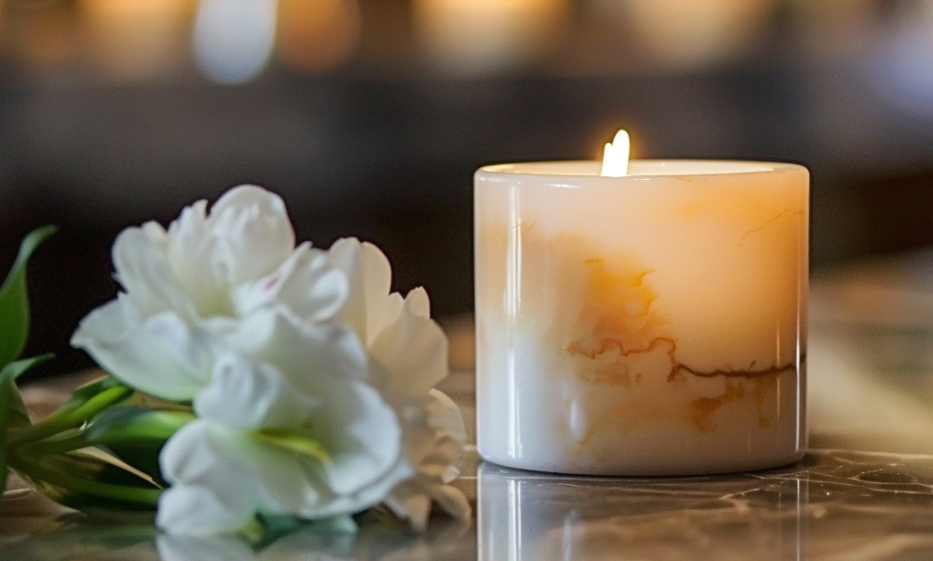What Is Embalming? Understanding the Process and Its Purpose

What is embalming? Embalming is the process of preserving a body after death to slow natural decomposition, allowing families more time to hold a viewing or funeral. This practice helps honor loved ones by making them look peaceful and natural during services. At Schilling Funeral Home & Cremation, we offer compassionate care and professional embalming services as part of our offerings. Families in need of support can rely on our funeral home in Morrison, IL to guide them through every step of the process.
What Is Embalming?

Embalming is the process of preserving a body after death to slow natural decay. This process also ensures the body is clean and safe for viewing. Above all, it gives families the time to hold a funeral or memorial service in a respectful way.
The Purpose of Embalming
Embalming serves two main purposes:
- Preservation: It helps keep the body in good condition, making it look natural for viewings or ceremonies.
- Sanitation: It disinfects the body, preventing the spread of harmful bacteria and ensuring safety during the funeral.
Art and Science Combined
Embalming is both an art and a science. For instance:
- Artistic Skills: Embalmers carefully restore the body’s appearance, making it look peaceful and lifelike for loved ones.
- Scientific Techniques: They use special solutions to slow decay and ensure the body remains safe for handling.
This balance helps families say goodbye in a meaningful and comforting way.
The History of Embalming
The practice of embalming has been around for thousands of years. It began in ancient Egypt, where it was used to preserve bodies for religious reasons. Egyptians believed preserving the body was important for the afterlife, so they developed detailed methods for mummification.
Over time, embalming spread to other cultures, including the Greeks and Romans. These civilizations also used embalming to honor their dead.
Modern Embalming Practices
In the 19th century, embalming became more common in Europe and the United States. During the Civil War, it was used to transport soldiers’ bodies home for burial. Today, embalming is widely practiced in funeral homes to prepare loved ones for funerals and cremations.
Cultural and Religious Importance
Embalming holds cultural and religious significance for many people. For instance:
- Some religions, like Christianity, often use embalming for funerals.
- In other traditions, embalming shows respect for the deceased and their family.
Why Is Embalming Important?
Embalming is important for many reasons. Above all, it allows families to hold meaningful services and say goodbye in a dignified way.
The Purpose of Embalming
The purpose of embalming is to prepare the body for viewing, ceremonies, or cremation. For instance:
- Keeps the body looking natural and serene.
- Gives families time to plan a funeral without feeling rushed.
- Prevents the spread of harmful bacteria, ensuring safety for everyone.
Benefits for Families
Embalming offers comfort and peace of mind to families during a difficult time. For instance:
- Loved ones can spend time with the deceased in a peaceful setting.
- It helps create lasting memories of their loved one during the viewing or service.
- In addition, embalming provides families with the flexibility to plan a service that honors their loved one in the best possible way.
Types of Embalming
When understanding what is embalming, it’s important to know the two main types: arterial embalming and cavity embalming. Each type has its role in the process, and they work together to preserve and sanitize the body.
Arterial Embalming
Arterial embalming involves replacing the blood in the body with a special preserving solution. Here’s how it works:
- The embalmer uses a small incision to access a major artery, usually in the neck or leg.
- A preserving fluid is pumped into the body through the artery.
- At the same time, blood is drained from the veins to ensure the body is fully preserved.
This process helps keep the body looking natural and slows decomposition. It is the main step in making the body ready for a funeral or viewing.
Cavity Embalming
Cavity embalming focuses on cleaning and preserving the inside of the body. For instance:
- A special tool is used to remove fluids and gases from the body’s organs.
- After that, a preserving solution is injected into the body’s cavity to ensure it stays sanitized and safe.
Cavity embalming is often done after arterial embalming to make sure the entire body is fully prepared.
How They Work Together
Both types of embalming are necessary for the process to be effective. For example:
- Arterial embalming focuses on preserving the outer appearance of the body.
- Cavity embalming ensures the internal areas are also sanitized and preserved.
If you have more questions about embalming or funeral planning, we are here to help. At Schilling Funeral Home & Cremation, we provide compassionate guidance to make this process easier for families.
The Embalming Process: Step by Step
Understanding the embalming process can help explain what is embalming and how it works. This step-by-step approach ensures the body is prepared respectfully.
1. Disinfecting the Body
The embalmer begins by washing and disinfecting the body. This step removes bacteria and keeps the process clean. It is the first step to prepare the body for a funeral.
2. Setting Features
The embalmer gently positions the body to look peaceful and natural. For instance:
- Eyes are closed and held shut with caps or adhesive.
- The mouth is carefully closed using stitches or wire.
- This step helps the loved one look more natural for viewing.
3. Arterial and Cavity Embalming
- Arterial Embalming: The embalmer replaces the blood with a preserving fluid. This fluid slows decay and keeps the body looking lifelike.
- Cavity Embalming: Internal fluids and gases are removed, and a preserving solution is added to sanitize and protect the inside of the body.
Both steps work together to ensure the body is fully preserved and sanitized.
4. Final Preparations
After that, the embalmer closes any incisions and cleans the body again. Hair and makeup may be done to enhance the natural appearance. These final touches help families feel comforted during the funeral.
Legal and Ethical Considerations
Embalming is guided by laws and ethical practices. These rules protect both families and funeral providers.
Legal Requirements
Laws about embalming vary by state. For instance:
- Some states require embalming if the body will not be buried or cremated within a certain time.
- Other states may only require refrigeration as an alternative.
Therefore, funeral homes follow these rules to ensure everything is done properly.
Ethical Practices
Funeral homes must also follow ethical standards. For instance:
- Embalmers should always explain the process clearly to families.
- Transparency is key, so families know what to expect and why embalming is needed.
These practices ensure the process respects both the deceased and their loved ones.
Benefits of Embalming for Families
The benefits of embalming go beyond preserving the body. This process plays a key role in helping families during a difficult time.
Time to Plan
Embalming gives families more time to arrange a meaningful funeral or memorial service. They can take their time without feeling rushed.
A Peaceful Goodbye
For instance, embalming helps the loved one look natural and serene. This makes viewings more comforting for families and friends.
Creating Memories
Above all, embalming helps families create lasting memories. Seeing their loved one looking peaceful can bring closure and comfort.
If you’d like to learn more about planning a funeral or embalming, see what we can do to help.
By understanding these benefits, families can see how embalming helps honor their loved ones in a respectful and caring way.
Key Takeaway
What is embalming? It is a process that preserves and sanitizes the body, giving families time to say goodbye in a peaceful and respectful way. Above all, embalming helps create a natural appearance, making viewings and funerals more comforting. For instance, it allows families to hold meaningful services without feeling rushed. In addition, it follows ethical practices to ensure care and respect for the deceased. If you have questions or need help with funeral planning, feel free to contact us for guidance and support.










